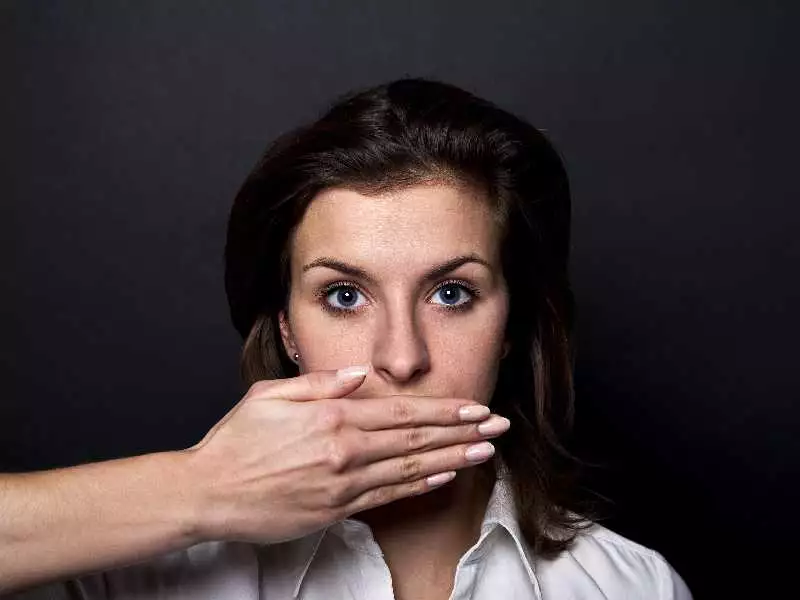Disorders of saliva secretion can concern its composition as well as its quantity. In the course of radiotherapy, proteolytic enzymes increase, in the course of diabetes, proteins increase.
Quantitative disorders include increased saliva secretion - ptyalismus, decreased secretion - sialopenia, and complete absence of saliva - asialia.
Increased salivary secretion (sialorrhoea), may be pseudo (psychogenic) or true, where the amount of saliva secreted exceeds 50ml/hour on fasting. It can occur in the course of:
- Acute inflammation of the mouth and throat,
- Infectious diseases,
- Treatment with anticonvulsants,
- Chemical and drug poisoning,
- Food poisoning and diseases of the oesophagus, stomach, pancreas,
- Pregnancy,
- Diseases of the uterus and ovaries,
- Tooth eruption in children,
- Bruxism,
- Night breathing through the mouth.
Salivation itself does not cause changes in the mucous membrane, but there is a sense of discomfort. If there is chronic salivary oozing, macerations develop - cracked dry skin with an erythematous base.
Treatment consists of moisturising the cracked areas. Avoidance of sweet fizzy drinks, acidic fruits and beverages is recommended. Neurological disorders are treated with botulinum toxin, which is injected into the submandibular and parotid glands. Cholinolytic drugs are also used, but have side effects such as visual disturbances, constipation, urinary retention, irritability, headaches and others. They are absolutely contraindicated in cases of glaucoma, myasthenia gravis and a history of episodes of urinary retention. Other treatments include ligation or repositioning of the salivary ducts towards the back of the mouth, radiological destruction or surgical removal of the salivary glands.

photo: panthermedia
Decreased sal ivary secretion occurs when the amount of fasting saliva secreted is less than 35ml/hour. This results in a feeling of dryness - xerostomia. Sialopenia is divided into pseudo-sialopenia and true sialopenia, which is divided into two types. Type I - where atrophic changes do not occur, while in type II they do.
The most common causes of dry mouth are:
- Medications with xerostomysogenic properties, e.g. diuretics, antidepressants, narcotic analgesics,
- Systemic autoimmune diseases,
- Diabetes mellitus,
- Hypothyroidism,
- Radiotherapy applied to the head and neck region,
- Parkinsonism, Alzheimer's disease,
- Depression,
- Infectious diseases,
- Candidiasis,
- Endocrine disorders,
- Nutritional deficiencies,
- Neuroses, stress,
- Smoking,
- Breathing through the mouth,
- Dehydration of the body,
- Old age,
- Diseases of the salivary glands.
Poisoning with drugs e.g. atropine, narcotics, nicotine can lead to a complete lack of saliva.









